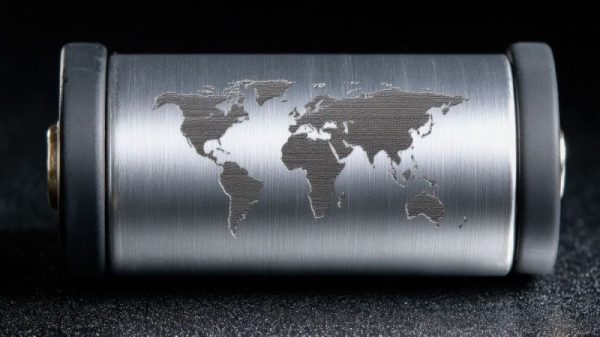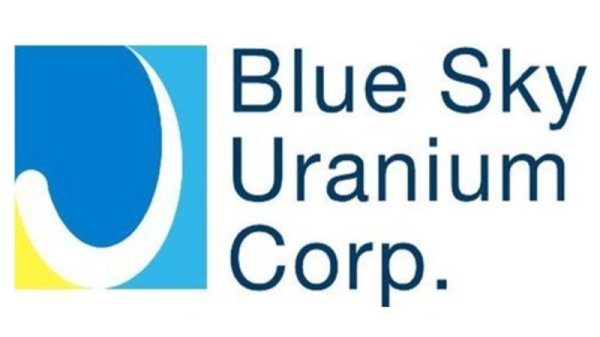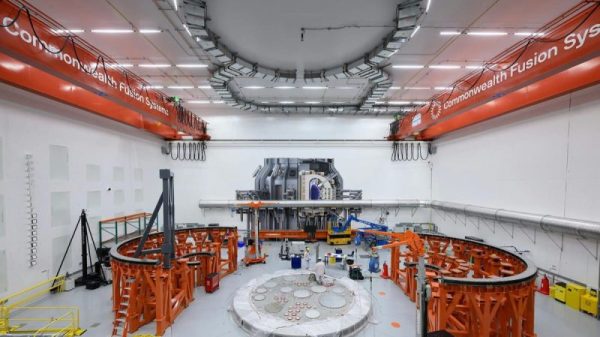Chariot Corporation Limited (ASX:CC9) (“Chariot” or the “Company”) advises it has received the results of drill holes four to nine (the “Last Six Holes”) from the Phase 1 Drill Program at the Black Mountain Project, in Wyoming, U.S.A. (“Black Mountain”).
HIGHLIGHTS:
Completed Black Mountain Phase 1 Drill Program consisting of nine (9) shallow holes, with a total of 1,132m drilledThe Phase 1 Drill Program intersected high-grade spodumene mineralisation and has confirmed the exploration potential of Black Mountain and resulted in the identification of a potentially large pegmatite stock at a shallow depth (100 – 200m) to the east of the Phase 1 Drill Program areaThe first three holes (as announced on 2 February 2024), which tested the outcropping pegmatites returned high grade intercepts of 0.8 to 1.12% Li2O over intervals of + 14mThe last six holes which were assayed subsequent to 2 February 2024, (BMDDH23_04 to 09) intersected broad intervals, 40-85m, containing thin, <1m pegmatite dikes, averaging between 0.1% to 0.2 % Li2OReprocessing and reinterpretation of ground magnetics data shows a large magnetic low at depths of 100m or more, which is likely to be a pegmatite stock and the source of the folded pegmatite sills which are exposed at-surfaceThe high-Li and, more significantly, the low-Li pegmatites were both highly fractionated indicating a potential for the low-Li pegmatites to be petrogenetically linked to the spodumene pegmatites as an the low-Li edges of a larger Li-rich pegmatiteThe Company is preparing to lodge an “exploration plan of operations” for the Phase 2 Drill Program that would increase the limit of disturbance from the mere 5 acres under which the Company is currently operating to 2,500 acres
Chariot commenced the Phase 1 Drill Program at Black Mountain on 9 November 2023 to determine the widths and grade of outcropping pegmatite dikes in the central portion of the Black Mountain Project with a Boart Longyear LF90 surface diamond core drill rig. The First Three Holes (which were announced on 2 February 2024) tested the outcropping pegmatites and returned high grade intercepts of 0.8 to 1.12% Li2O over intervals of + 14m.
Subsequent to the announcement on 2 February 2024, the Company completed the drilling and assaying of the Last Six Holes, which intersected broad intervals, 40-85m, containing thin, <1m pegmatites dikes, which typically assayed between 0.1% to 0.2 % Li2O.
The Phase 1 Drill Program has provided encouraging results from the First Three Holes. The assay results from the Last Six Holes yielded lower lithium grades but were nevertheless encouraging in terms of the anomalous lithium values and more particularly in terms of the level of fractionation, as shown by the geochemistry of the low-Li pegmatites.
The high-Li and, more significantly, certain of the low-Li pegmatites were both highly fractionated indicating a potential for the low-Li pegmatites to be genetically (and potentially physically) linked to the spodumene pegmatites as the low-Li edges of a larger Li-rich pegmatite.
The Company has in conjunction with the Phase 1 Drill Program, reprocessed and reinterpreted the surface mapping and ground magnetics data, causing the Company’s geologists to modify their initial structural interpretation of the pegmatite dikes as folded but steeply dipping to folded sills (See Figures 1, 2 and 3). Under the revised structural interpretation, it would appear that what is exposed at surface and what was drilled under the Phase 1 Drill Program were folded pegmatite sills which are offshoots from a large unexposed Pegmatite Stock, which manifests as a large magnetic low at depths of 100m or more to the southeast of the location of the Phase 1 Drill Program area (Figure 1).
The intersection of high lithium grades in the First Three Holes, combined with the geochemistry showing similarly high levels of fractionation in both the high-Li and certain of the low-Li pegmatites, and the reprocessed ground magnetics data indicate the potential for a large LCT pegmatite system that should be tested through additional exploration.
The combination of a restrictive 5 acre disturbance limit under the drilling permit obtained by the Company and adverse weather conditions severely limited the extent of drilling that could be completed during the Phase 1 Drilling Program.
The Company is eager to advance to the next phase of drilling at Black Mountain and is positioning itself to do so with a substantially liberalized disturbance limit.
Click here for the full ASX Release





























